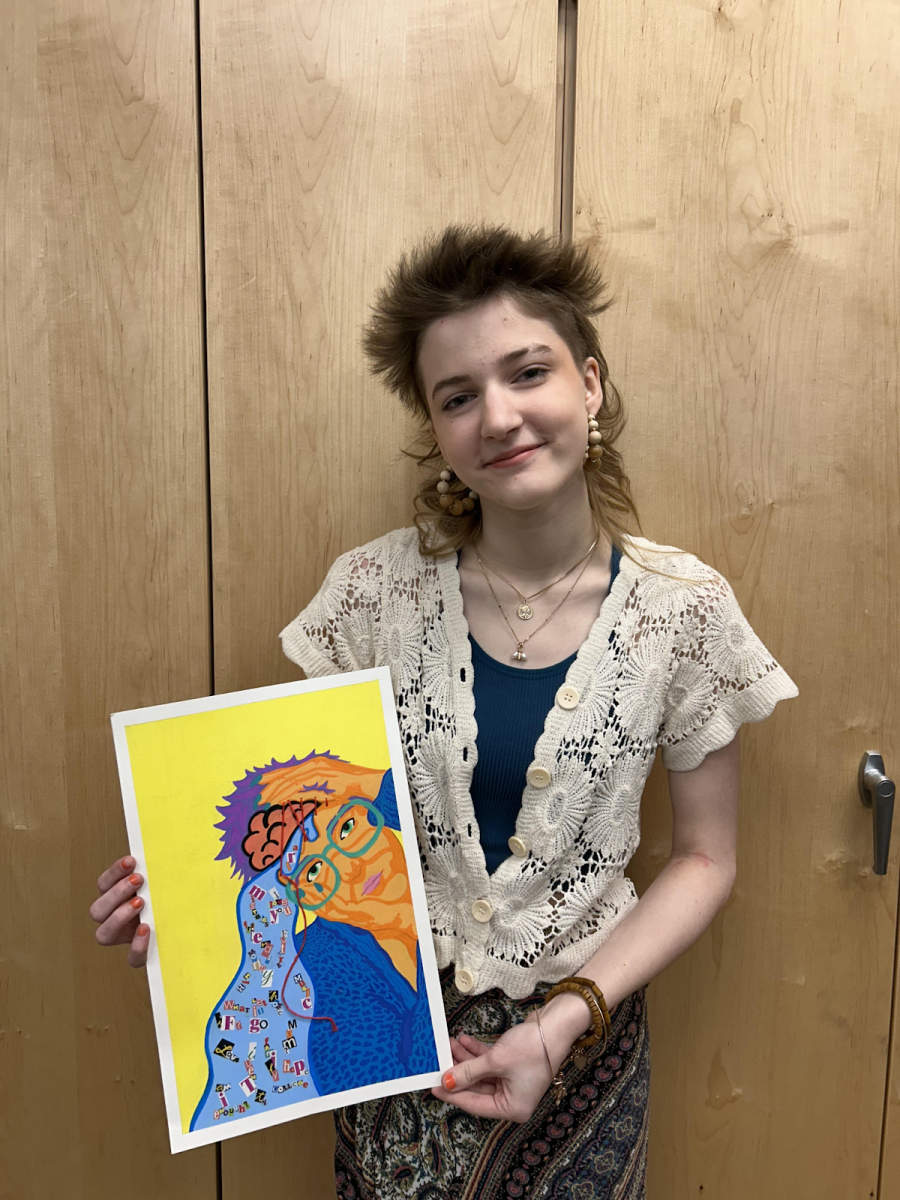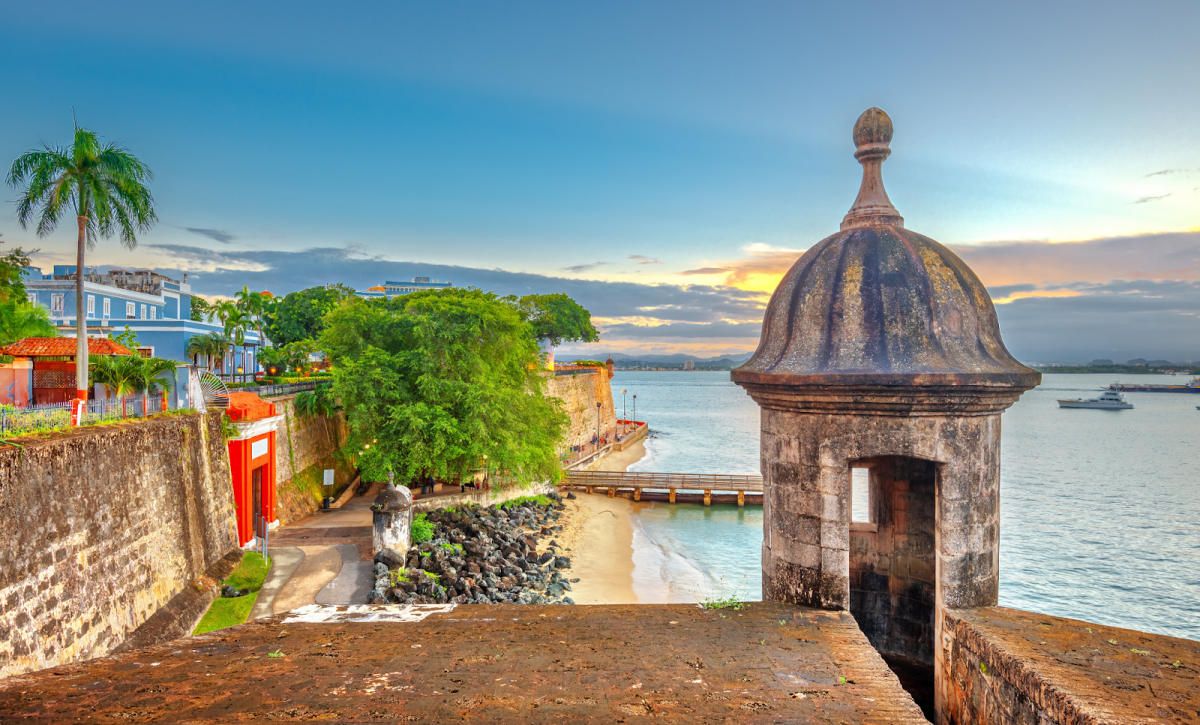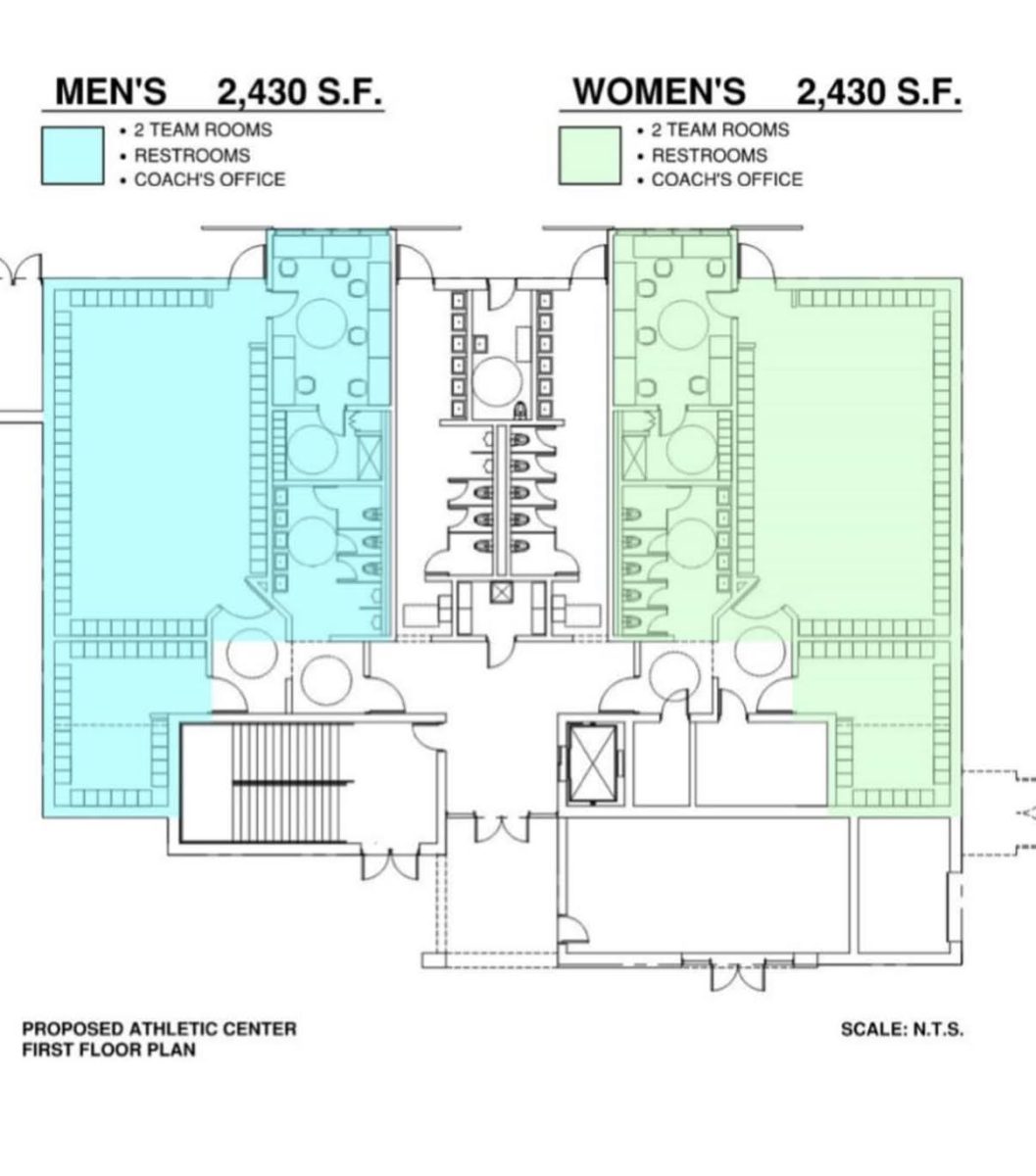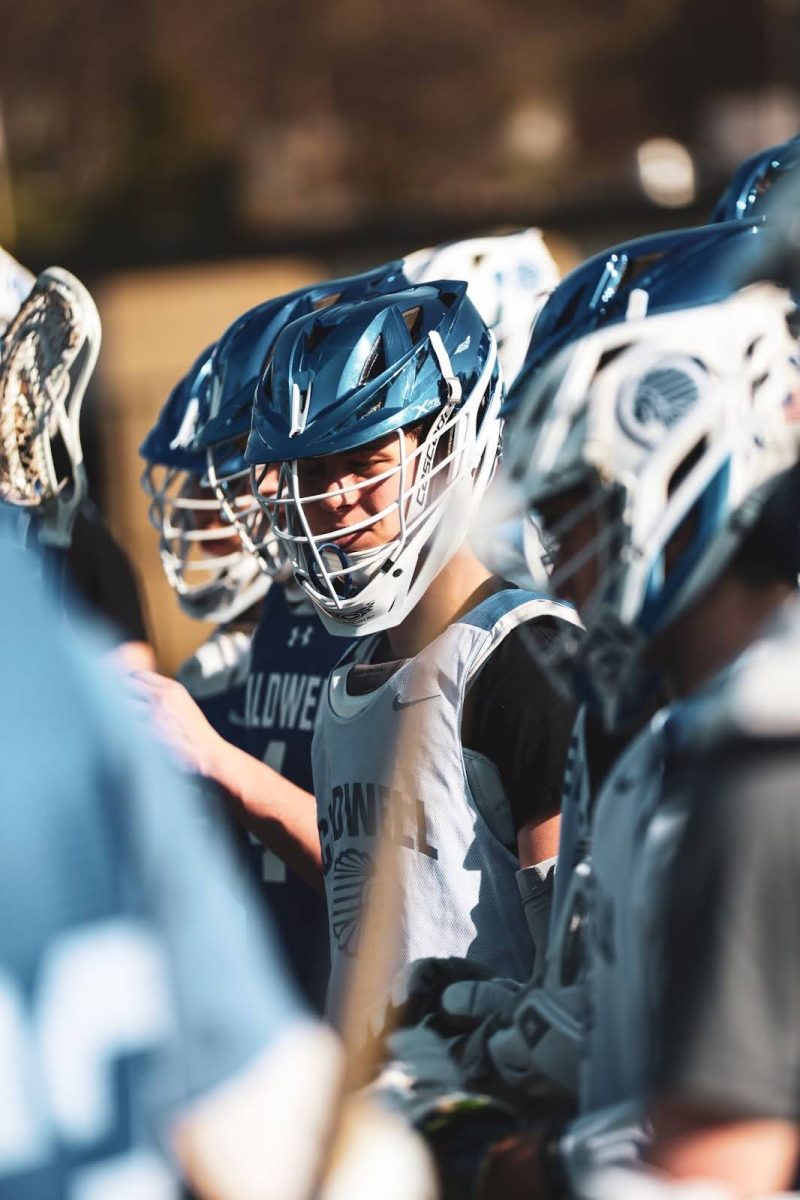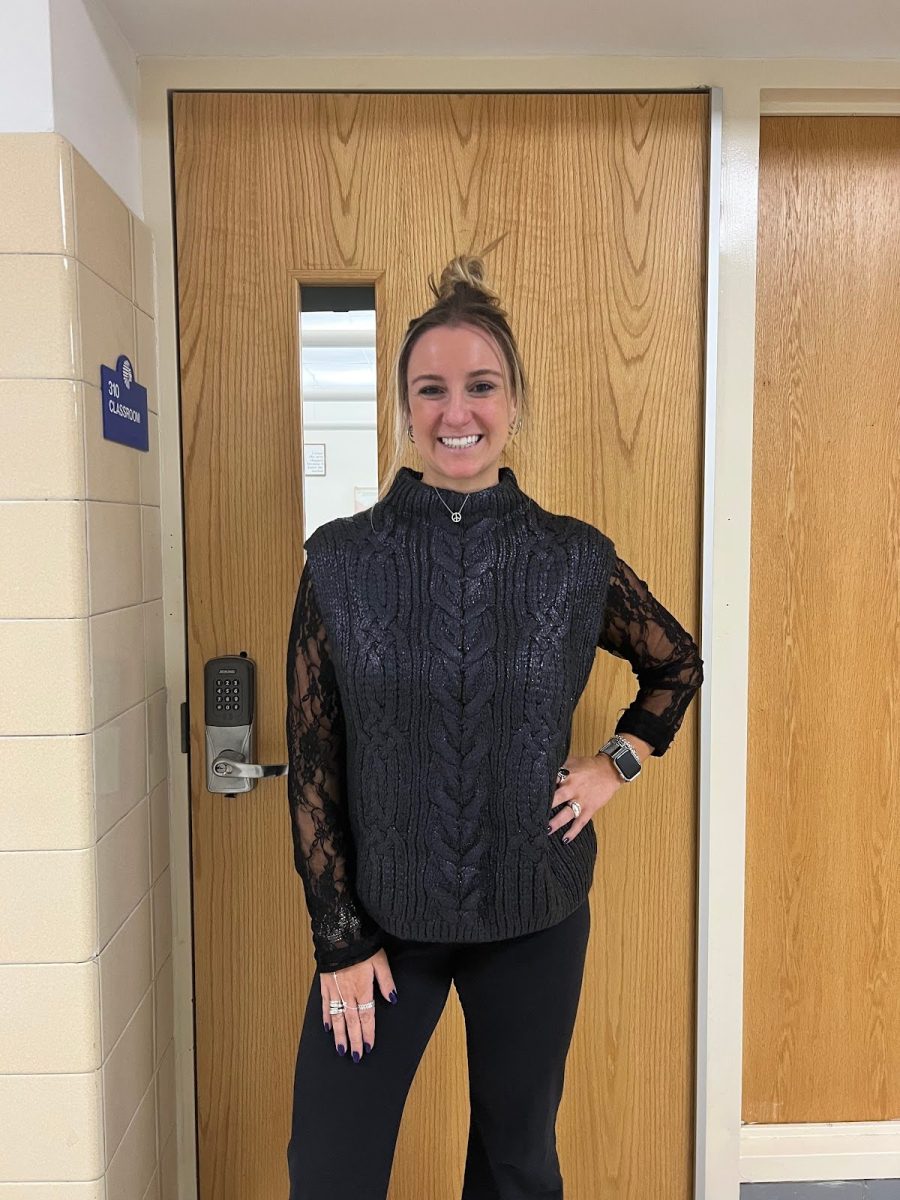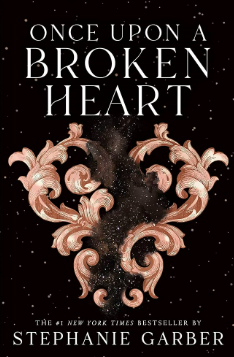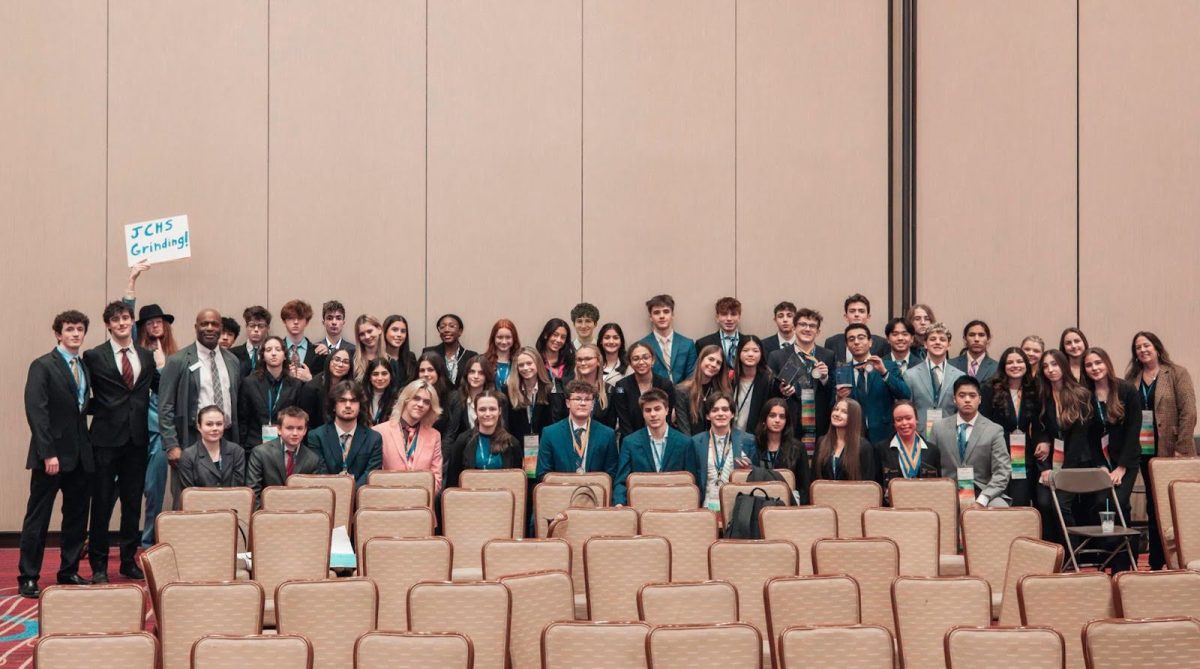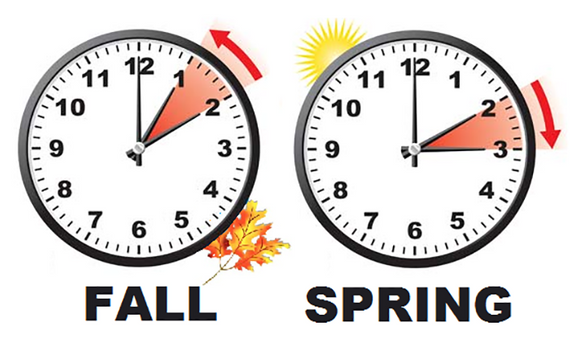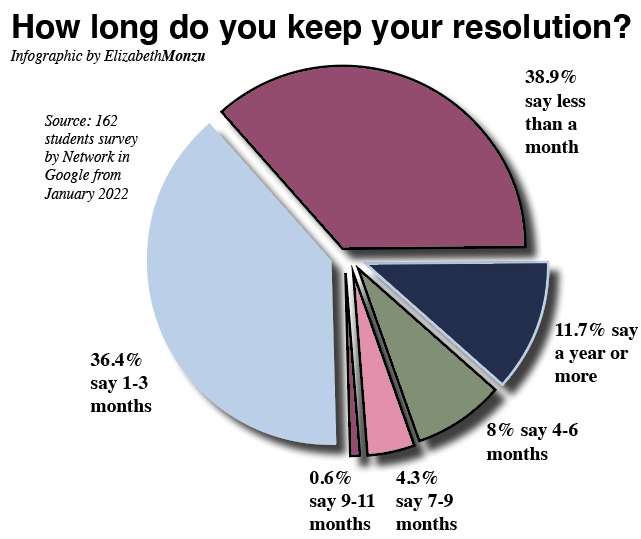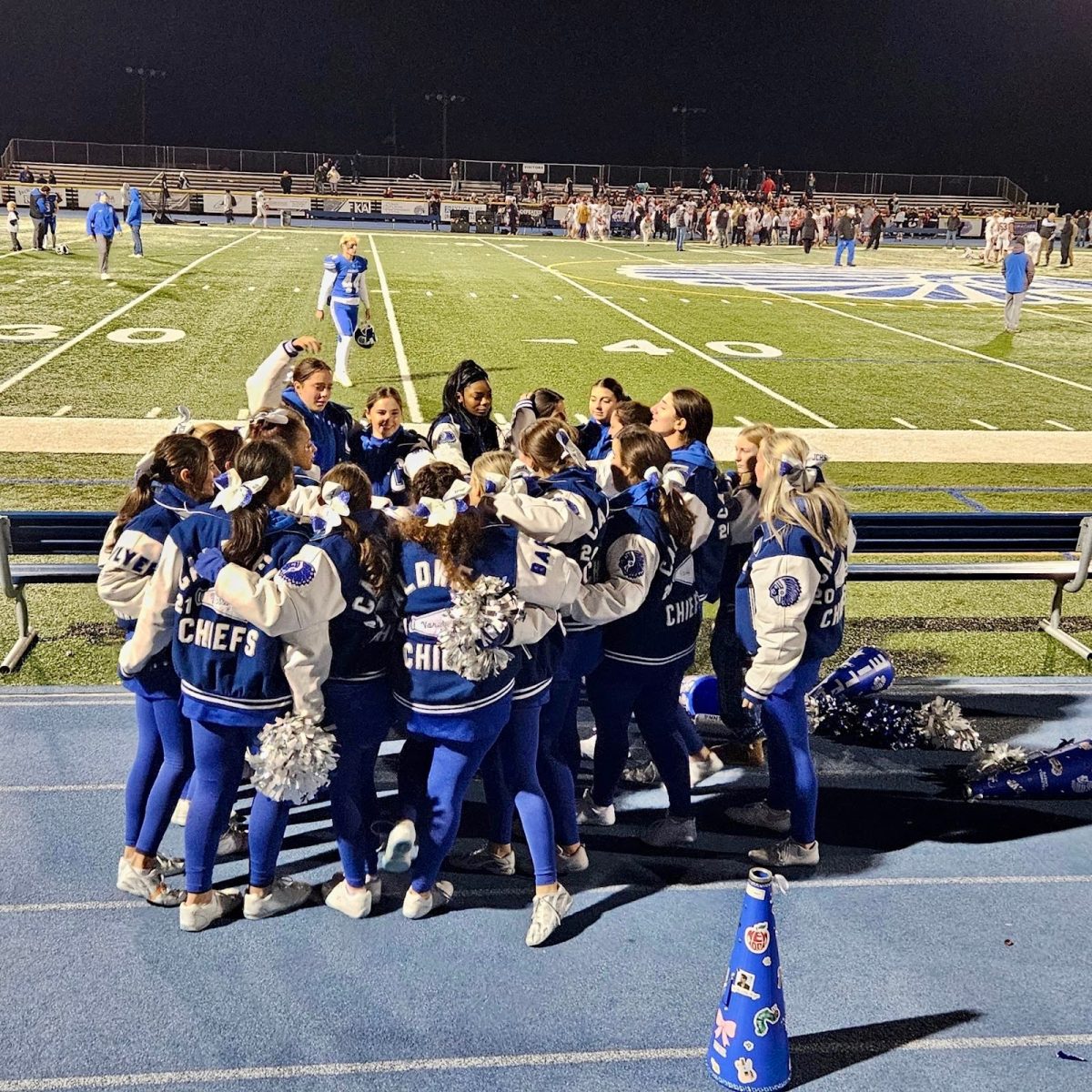
In 1973, the United States Supreme Court made the historic declaration in Roe v Wade that the Constitution protects the right to have access to an abortion. Since then, there have been many challenges to this decision within individual states. Among these, a 2018 Mississippi Law that banned abortions beyond 15 weeks pregnant. The case Dobbs v Jackson Women’s Health Organization centers around the element of the Roe v Wade that states that the government does not have the right to restrict abortions before “visibility”- a term coined to the period of time where a fetus could potentially survive outside of the womb, usually around 24 weeks pregnant (The Conversation). Mississippi lawyers hope that this Supreme Court hearing will permanently overturn Roe v Wade- a decision that could dramatically alter the lives of many Americans.
The effects of the overturning of Roe v Wade have the potential to be life-altering for a significant part of American citizens. Though controversial in nature, abortions can be a necessary part of health care. Statistically, one in four women in America will get an abortion before they turn 45. A large percentage of those who do get abortions live in low-income situations and over half are people of color. Abortions are already disproportionately more difficult to access for these people. The overturning of Roe v Wade will only make it even more difficult or impossible to get access (The Conversation). This does not mean that fewer abortions will occur, but rather that less safe and legal abortions procedures will be conducted, putting women’s health in severe danger. Many also fear that if Roe v Wade is overturned, conservative states will immediately place harsh restrictions on abortion- known as “trigger laws.” States such as Texas have placed trigger laws on abortions, referred to as “an abortion ban in waiting” by Texas legislators (NPR). These trigger laws, in place in several states, would either severely limit or completely eliminate the access to abortions within their state. These laws could be put in place as soon as the declaration is made, immediately harming the lives of millions of American people.
Legal experts also fear what the overturning of a landmark case such as Roe v Wade will mean for the entire judicial system. Roe v Wade has set a very valuable precedent in the Supreme Court for nearly 50 years. If that precedent is simply overturned because there is now a more conservative majority in the court, who typically agree with anti-abortion sentiments, there will be a lack of trust for other simmilar precedents going forward (U.S. News). Other professionals argue that overturning this case would also affect other extremely important landmark decisions made in the Supreme Court, such as Obergefell v Hodges which legalized same-sex marriage.
Thus, the Supreme Court discussions on abortion rights are threatening to many different groups of American people. Those who fear the most important rights to them will be taken away from them as well as those in the legal field who worry about how this will further affect other valuable case decisions down the road.



